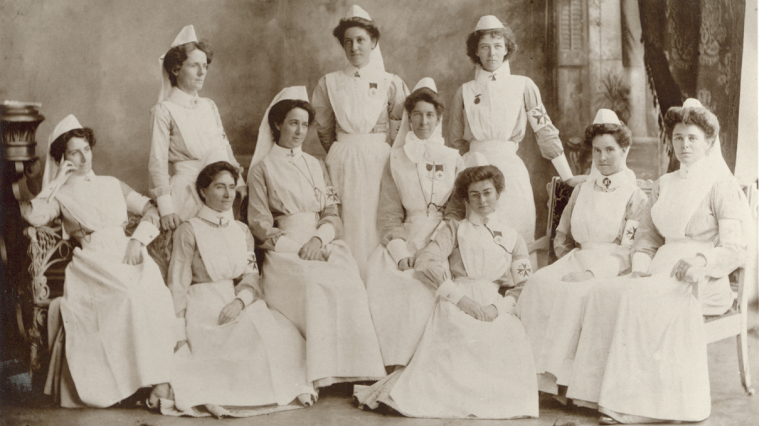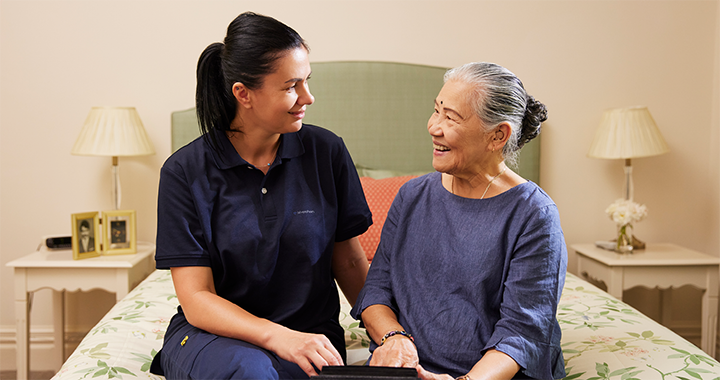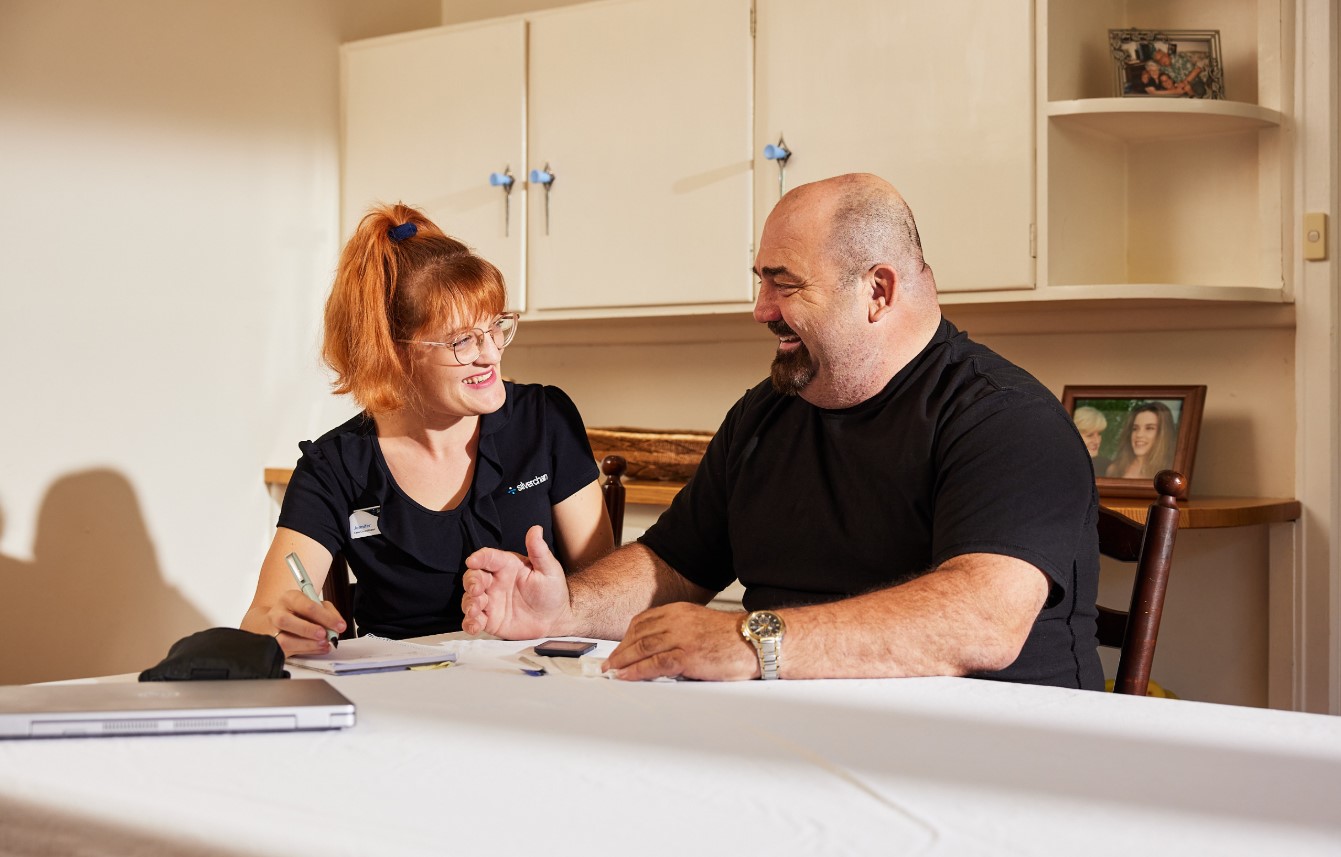- Home
- Latest news from Silverchain
- Celebrating female pioneers this IWD
Celebrating female pioneers this IWD
For 130 years, Silverchain has been a pillar of care in Australia, with remarkable women at its helm. As we celebrate International Women’s Day, we recognise three exemplary Superintendents – Hazel Hounslow, Florence Nield, and Norah Hook – whose leadership shaped Silverchain’s legacy of care, connection, and innovation. These women steered the organisation through wartime challenges, modernised practices, and introduced vital services that continue to benefit Australians today.
Sister Hounslow: A Superintendent’s steadfast service (1935 – 1956)
Sister Hazel Hounslow's 21-year service as Superintendent was marked by exceptional leadership and resilience. When World War II brought unprecedented challenges, including staff shortages and resource rationing, she skilfully navigated the organisation through adversity to ensure continuity of services and care.
One of Hazel's main challenges was the shortage of nurses. Many had enlisted for wartime service abroad. Hazel had to navigate the bureaucratic landscape, urging the federal government to allocate staff.
Hazel sought help from the Women’s Australian National Service (WANS) to mitigate these shortages. She provided five WANS members with basic home nursing training, expanding Silverchain’s capacity to provide care.
The war also brought enemy attacks to Australia’s shores. Silverchain’s Cottage Homes, which housed older Australians, had to be repurposed with blackout measures. Hazel worked with state and federal governments to develop evacuation plans for the most vulnerable clients.
Hazel’s leadership during this turbulent period was crucial in maintaining Silverchain’s services. Her story offers a glimpse into the day-to-day realities of community nursing during wartime.
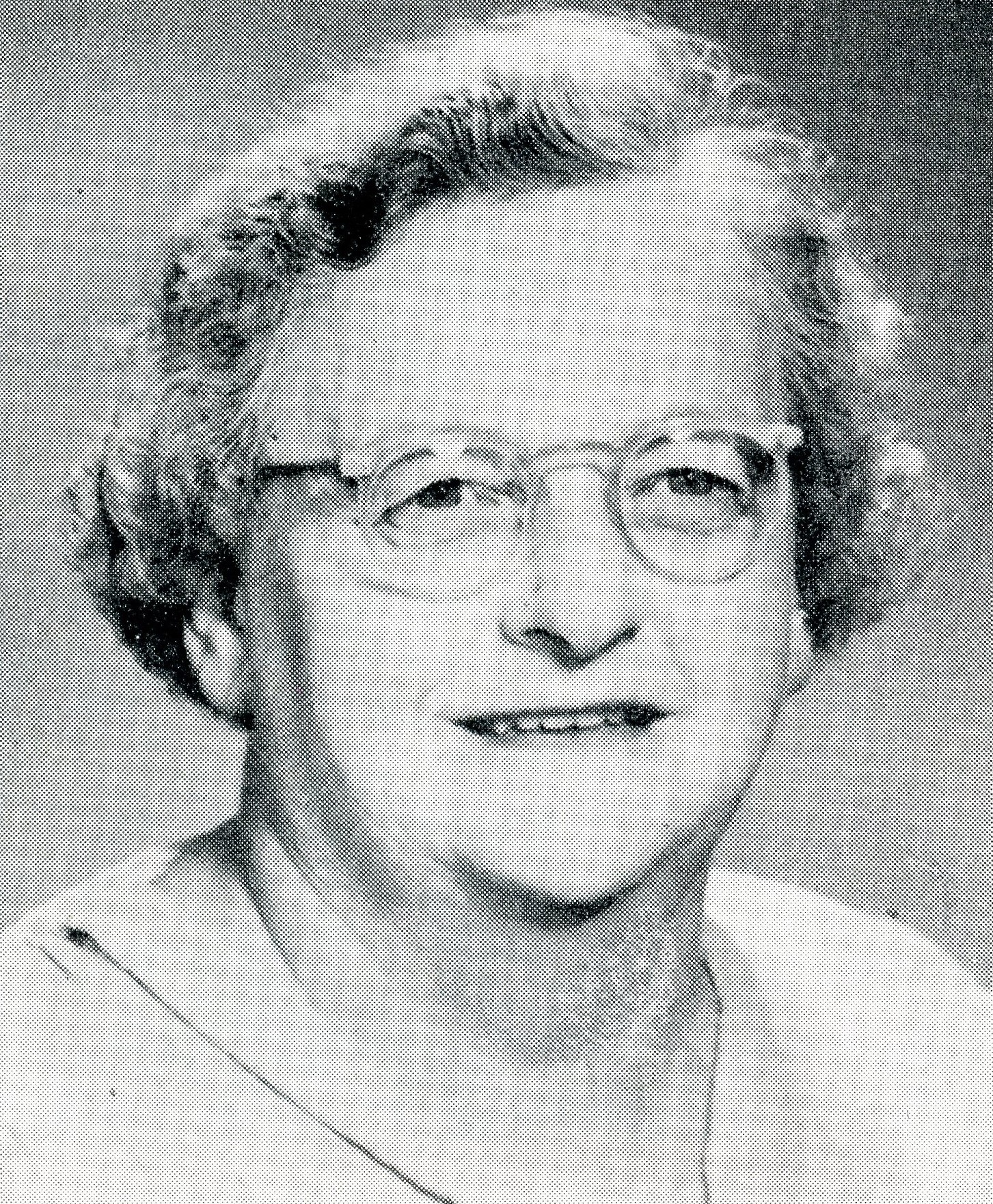
Florence Nield: modernising care and expanding horizons (1949 – 1967)
Florence Nield's superintendency marked a transformative era for the District & Bush Nursing Society (DBNS, now known as RDNS Silverchain). Stepping into the role in 1949, she faced the need to modernise the organisation in the post-war period. One of her key priorities was to address the challenges of recruiting and retaining staff.
Florence recognised that the traditional nurses uniform to attract a new generation of nurses. She spearheaded a recruitment drive featured in a newspaper article in "The News." Florence highlighted two main strategies: modernising the nursing uniform and promoting nursing as a fulfilling vocation.
Beyond recruitment, Florence tackled the issue of staff mobility. To address this, a small Fiat car was purchased for the use of Head Office staff. This car was a significant step forward, allowing Florence to supervise branches more effectively. As patient numbers continued to rise, Florence advocated for more nurses to have access to cars. By 1956, the DBNS had 31 cars. This expansion significantly improved the efficiency of the nurses and enabled them to care for more clients.
Florence Nield's focus on recruitment, staff mobility, and resource allocation laid a strong foundation for the organisation's future growth and success.
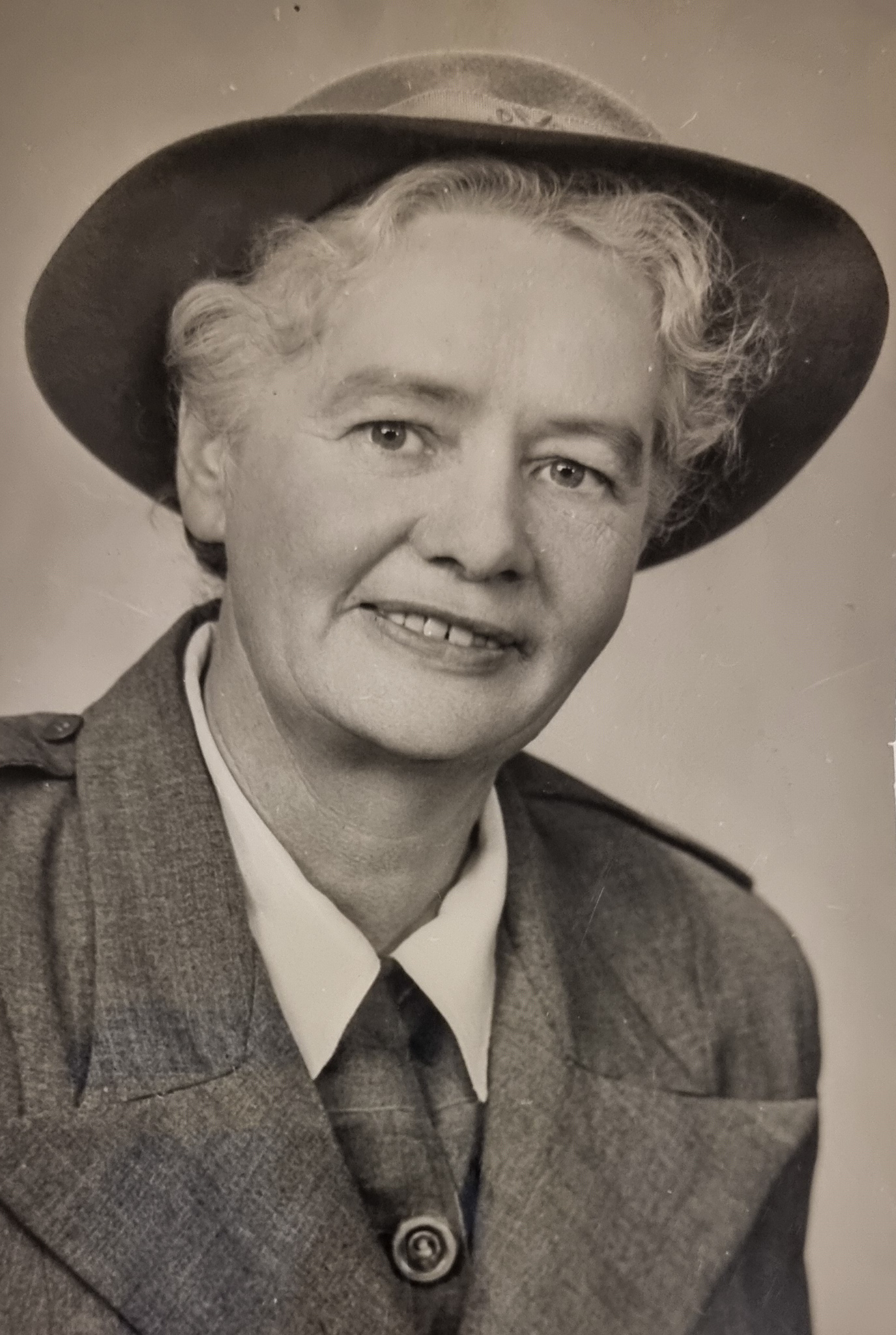
Norah Hook: A visionary leader and innovator (1954 – 1985)
As Superintendent of Nursing for 20 years, Norah Hooks spearheaded the introduction of essential services that are still fundamental to Silverchain's operations today. Norah’s impact extended beyond service delivery, as she was a passionate advocate for nurse education.
Upon becoming Superintendent in 1965, Norah focused on building the Home Help service. She worked alongside her Home Help Supervisor to clean clients' homes in extreme circumstances.
In the 1970s, Norah introduced the Hospital Liaison program. This program aimed to improve communication and coordination of care between hospitals and Silverchain’s home care services. Despite initial resistance from some hospitals, the program proved to be successful.
Norah also championed education and training for nurses. In 1975, she negotiated with the West Australian Branch of the College of Nursing to create an education program for Silverchain’s family practice nurses. In a first for the organisation. Norah convinced the Silverchain Board to grant six weeks of paid study leave for the nurses to participate in the program.
In her later years at Silverchain, Norah introduced the Care Aide program and the Hospice Palliative Care Service (HPCS), starting as pilot programs in 1982. The HPCS offered specialised care for terminally ill clients, allowing them to remain at home for as long as possible. Today, our holistic approach is considered the gold standard of palliative care with nearly 3,500 Western Australians accessing the service each year.
Norah’s dedication to improving client care and her forward-thinking approach to service innovation and nursing education helped transform Silverchain into the leading in home health and aged care provider it is today.
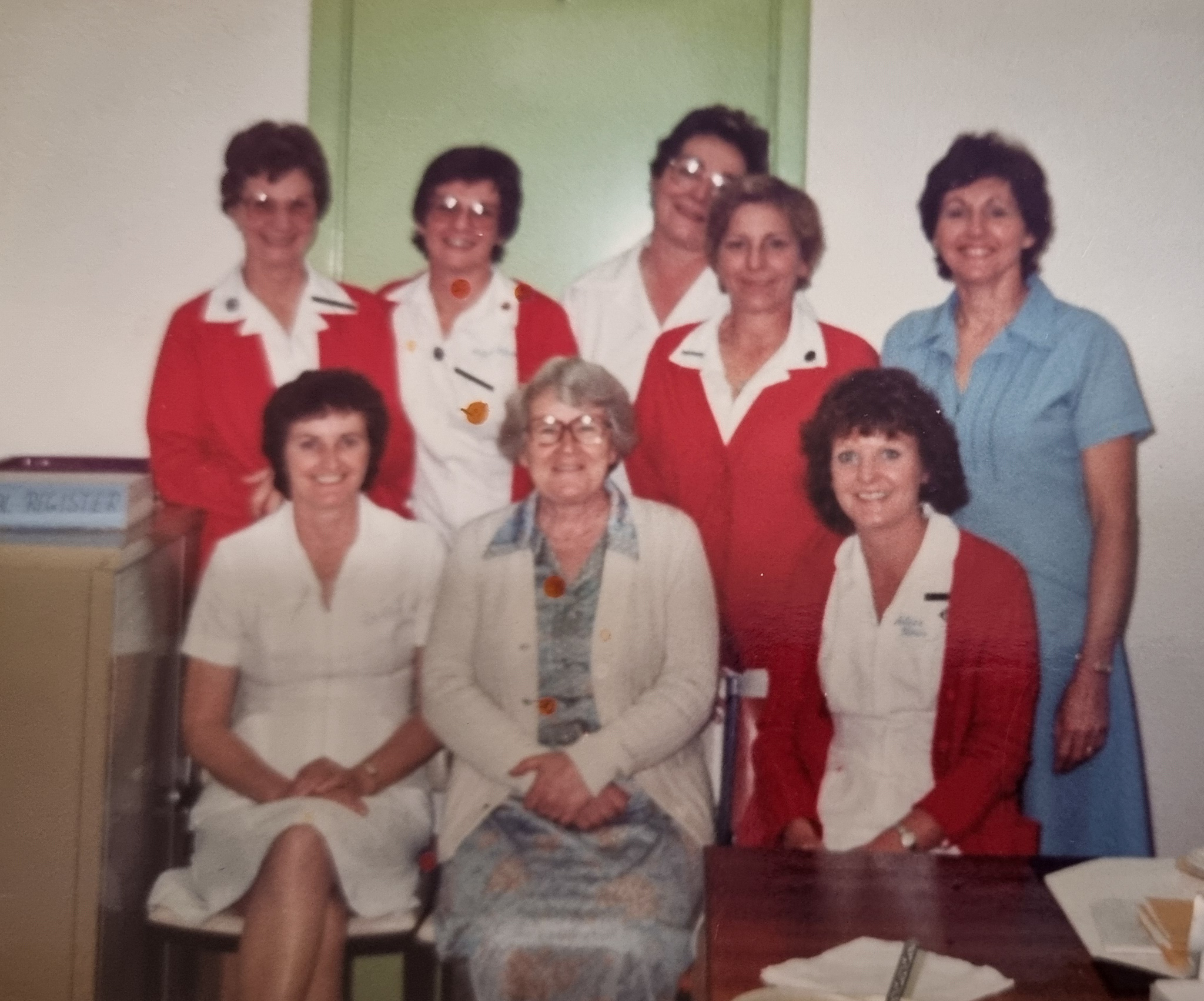
Celebrating International Women’s Day
International Women's Day is not only a time for reflection—it’s a call to action. Each of us has a role to play in advancing equality, opportunity, and justice for all women, whether in the workplace, at home, or in our communities. As stewards of the next generation, we have a shared responsibility to lean in, reach out, and build a future where all women can thrive—free from fear, limitation, and discrimination.
Silverchain’s 130-year legacy is a testament to the power of women to transform lives and communities. This International Women’s Day, we celebrate their extraordinary contributions and continue our work toward a stronger, more equitable home care system for all Australians.

